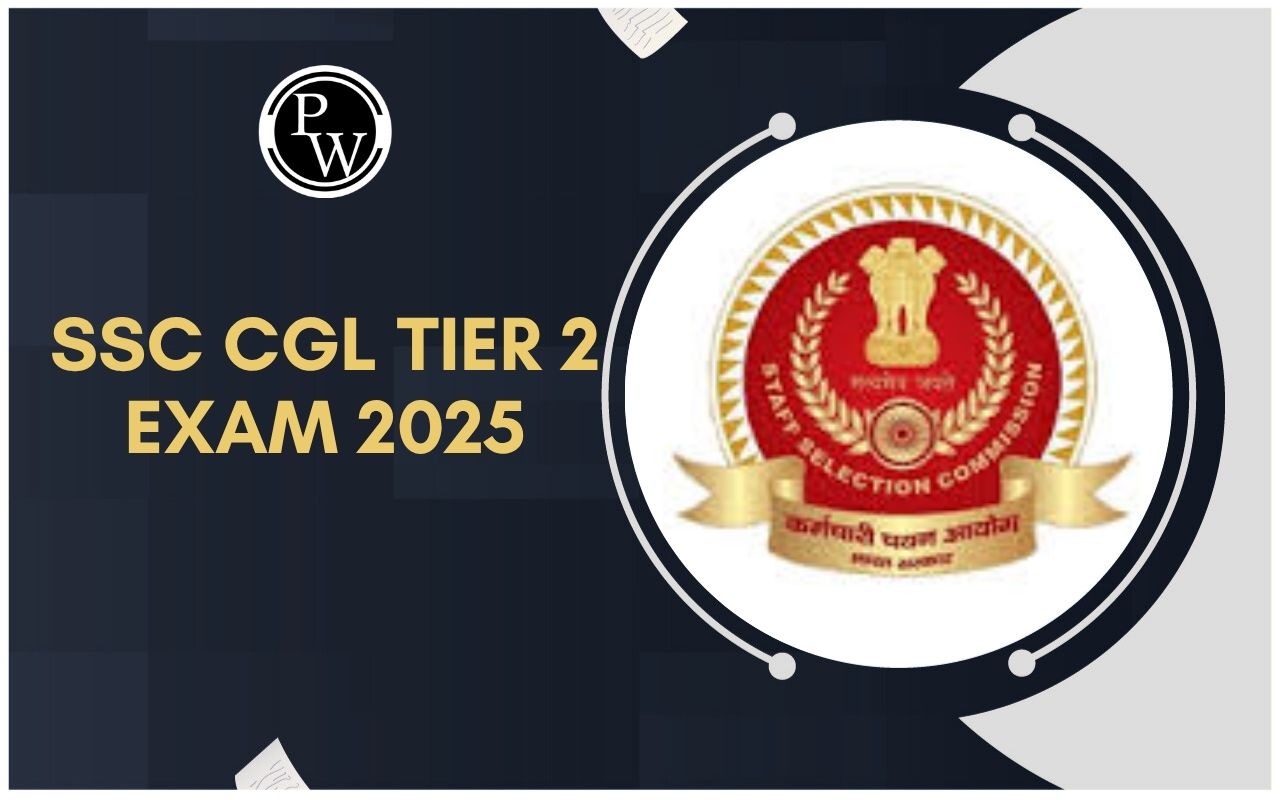
Future of Stenography in the Digital Age: Stenography, the practice of transcribing speech in shorthand, has been a crucial skill for many professions, particularly in legal and governmental fields like SSC. The SSC Stenographer Exam in India continues to attract numerous candidates aspiring to secure a government job. However, the digital age presents both challenges and opportunities for stenographers. This article describes the future of stenography in the digital age, focusing on its relevance, evolving technology, and the impact on the SSC Stenographer Exam.
Future of Stenography in the Digital Age
Despite rapid technological advancements, stenography remains relevant due to its unique advantages. Stenographers are essential in courts, legislatures, and conferences where accurate and speedy transcription of spoken words is required. This skill ensures that detailed records are kept, which is vital for legal proceedings, policymaking, and historical documentation.Evolution of Technology
Traditional vs. Digital Stenography: Traditional stenography involves using shorthand symbols to quickly jot down spoken words, which are later transcribed into readable text. With the advent of computers, digital stenography has emerged, where stenographers use specialized keyboards and software to capture speech directly into digital formats. This evolution enhances efficiency and accuracy, making stenography more adaptable to modern needs.
Voice Recognition Technology: Voice recognition technology has significantly impacted stenography. Advanced software can now transcribe spoken words into text with high accuracy. While this technology have a threat to traditional stenographers, it also offers new tools that can complement their skills. Stenographers can use voice recognition software to speed up the transcription process, ensuring they remain competitive in the job market.
Impact on the SSC Stenographer Exam
Changing Skill Requirements: The SSC Stenographer Exam has traditionally focused on shorthand skills. However, with digital advancements, there is a growing emphasis on computer proficiency and familiarity with transcription software. Candidates must now balance their traditional stenography skills with modern technological competencies.
Exam Pattern and Preparation: The exam pattern for the SSC Stenographer Exam may evolve to include sections on digital transcription techniques. Preparation for the exam should, therefore, incorporate training in these areas. Aspiring stenographers should become adept at using digital tools and software to ensure they meet the changing demands of the profession.
Opportunities for Stenographers in the Digital Age
Enhanced Career Prospects: The digital age offers expanded career prospects for stenographers. Beyond traditional roles in courts and government offices, stenographers can find opportunities in various sectors such as media, corporate environments, and remote work. Digital transcription services are in demand for producing subtitles, creating digital content, and providing real-time transcription for virtual meetings.
Remote Work and Flexibility: Digital tools allow stenographers to work remotely, providing greater flexibility and work-life balance. This shift not only broadens job opportunities but also makes the profession more appealing to a wider range of individuals.
Challenges and Adaptation
Competition with Technology: One of the primary challenges stenographers face is competition from automated transcription services. To stay relevant, stenographers must adapt by enhancing their technical skills and leveraging the advantages of human accuracy and contextual understanding that machines still lack.
Continuous Learning and Skill Development: The rapid pace of technological change necessitates continuous learning. Stenographers must stay updated with the latest software and transcription methods. Professional development programs and certifications in digital transcription can help stenographers maintain their competitive edge.
Future of Stenography
Integration of AI and Stenography: Artificial Intelligence (AI) is set to further transform stenography. AI-powered transcription tools can offer real-time transcription with higher accuracy. However, human stenographers will continue to play a crucial role in overseeing and refining these automated processes to ensure accuracy and context.
Importance of Human Touch: Despite technological advancements, the human touch remains irreplaceable. Human stenographers provide context, understand nuances, and ensure the integrity of the transcription. Their role in verifying and editing machine-generated transcriptions will be crucial in maintaining high standards.
The future of stenography in the digital age is a blend of tradition and innovation. While technology have challenges, it also offers new tools and opportunities for stenographers. The SSC Stenographer Exam and the profession at large must adapt to these changes by integrating digital competencies with traditional shorthand skills. Aspiring stenographers should embrace continuous learning and stay updated of technological advancements. The human element in stenography, with its contextual understanding and accuracy, will remain invaluable, ensuring the profession's relevance and significance in the digital age. To succeed in upcoming exams, candidates should consider exploring PW SSC Books We provide high-quality content at an affordable price, including sample papers, mock tests, guidance sessions, and more to ensure aspirants secure their selection. Also, enroll today on SSC Online Coaching to turn your dreams into reality.Future of Stenography in the Digital Age FAQs
1. How is technology impacting the field of stenography?
2. Will traditional stenography skills still be relevant?
3. What new skills do stenographers need in the digital age?
4. How does the digital age affect career prospects for stenographers?










